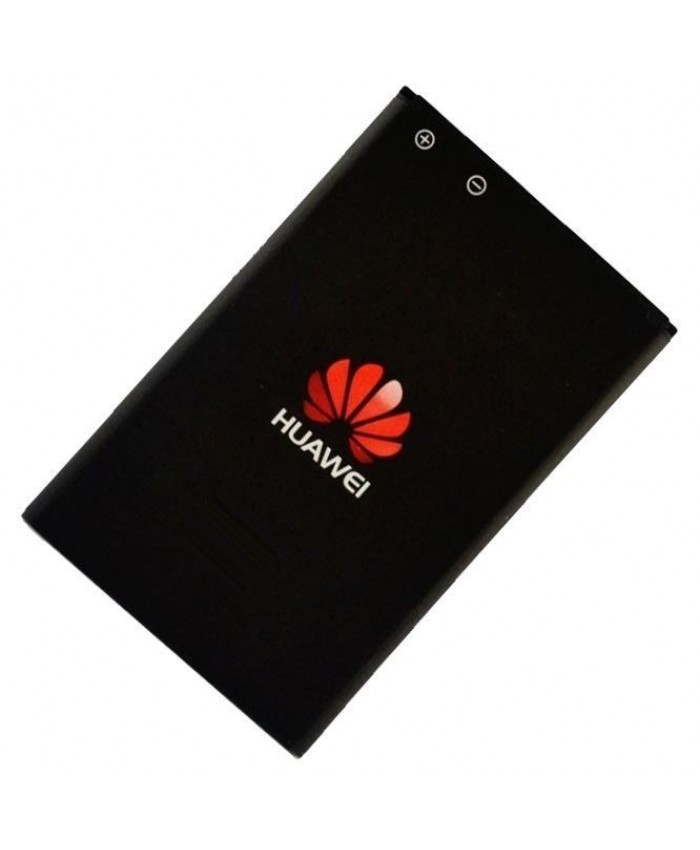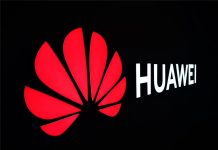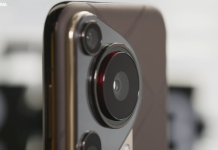We’ve seen technology evolve at an exponential rate in the last couple of years. Our electronics have better screens, faster and more powerful processors, and larger memories; but one component that has seen little or no growth is the battery. It’s not like they are not working to develop better batteries, it is just that there are quite a number of challenges faced by manufacturers. However things are starting to look good as Huawei has made a breakthrough in making better batteries.

The breakthrough was achieved by Watt Laboratory, an organization under Huawei’s Central Research Institute. The announcement was made at the 57th Battery Symposium which took place in Japan. The lab was able to create a new type of li-ion battery that uses graphene-based heat resistant technologies to remain functional at a temperature of 60°C (10°C higher than previous limits) and also doubles the life-span of the battery.
The Chief Scientist of Watt Laboratory, Dr Yangxing Li said they were able to achieve the above results due to three major technologies:
- The use of a special additive in the electrolytes that removes trace water and prevents the electrolyte from evaporating at high temperatures.
- The use of modified large-crystal NMC materials for the cathode, hence improving the therma stability of the cathode power.
- The use of graphene which allows for more efficient cooling of the Li-ion battery.
In Doctor Li’s words ”We have performed charging and discharging tests in a high-temperature environment. The tests show that when working parameters are the same, the graphene-assisted high-temperature Li-ion battery is 5°C cooler than ordinary Li-ion batteries. Over 70% of the graphene battery’s capacity is left after it is recharged 2,000 times at a temperature of 60°C. Less than 13% of its capacity is lost after being kept in a 60°C environment for 200 days.”
Huawei says the new development will help reshape the storage systems of communication base stations. Outdoor base stations in High temperature regions powered by the new batteries can have their lifespan increased by more than four years. The batteries can also be used by electric vehicles and will provide a higher mileage per charge compared to current technology. They can also be used by drones which often generate heat.
READ MORE: Huawei P9 Gets Huge Price Cut, Probably to Make Way for The P10
At last year’s battery symposium, the tech giant unveiled its quick charge technology which charged a 3000mAh battery up to 48% in just 5-minutes. Dr. Li says the battery has been commercialized and they plan to announce a phone with the super-quick charge function by late December.
Am I the only one who thinks this might be the Huawei Mate S2?
Source: Huawei.com







